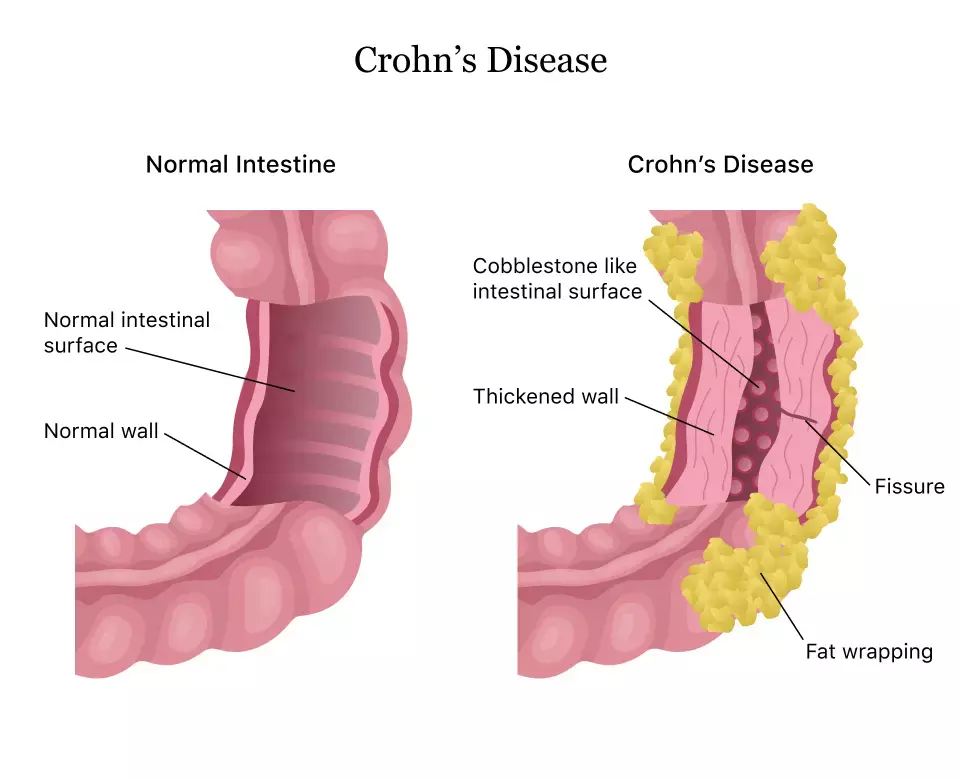- Home
- Medical news & Guidelines
- Anesthesiology
- Cardiology and CTVS
- Critical Care
- Dentistry
- Dermatology
- Diabetes and Endocrinology
- ENT
- Gastroenterology
- Medicine
- Nephrology
- Neurology
- Obstretics-Gynaecology
- Oncology
- Ophthalmology
- Orthopaedics
- Pediatrics-Neonatology
- Psychiatry
- Pulmonology
- Radiology
- Surgery
- Urology
- Laboratory Medicine
- Diet
- Nursing
- Paramedical
- Physiotherapy
- Health news
- Fact Check
- Bone Health Fact Check
- Brain Health Fact Check
- Cancer Related Fact Check
- Child Care Fact Check
- Dental and oral health fact check
- Diabetes and metabolic health fact check
- Diet and Nutrition Fact Check
- Eye and ENT Care Fact Check
- Fitness fact check
- Gut health fact check
- Heart health fact check
- Kidney health fact check
- Medical education fact check
- Men's health fact check
- Respiratory fact check
- Skin and hair care fact check
- Vaccine and Immunization fact check
- Women's health fact check
- AYUSH
- State News
- Andaman and Nicobar Islands
- Andhra Pradesh
- Arunachal Pradesh
- Assam
- Bihar
- Chandigarh
- Chattisgarh
- Dadra and Nagar Haveli
- Daman and Diu
- Delhi
- Goa
- Gujarat
- Haryana
- Himachal Pradesh
- Jammu & Kashmir
- Jharkhand
- Karnataka
- Kerala
- Ladakh
- Lakshadweep
- Madhya Pradesh
- Maharashtra
- Manipur
- Meghalaya
- Mizoram
- Nagaland
- Odisha
- Puducherry
- Punjab
- Rajasthan
- Sikkim
- Tamil Nadu
- Telangana
- Tripura
- Uttar Pradesh
- Uttrakhand
- West Bengal
- Medical Education
- Industry
Anti-TNF therapy with surgery effectively heals perianal fistulas in Crohn's disease patients: Lancet

Netherlands: A new study published in The Lancet Gastroenterology & Hepatology found that short-term anti-TNF medication coupled with surgical closure in patients with Crohn's perianal fistulas results in long-term healing in MRI.
Anti-tumor necrosis factor (TNF) therapy is recommended for Crohn's perianal fistulas, and for patients with surgically treatable illnesses, consideration should be given to surgical closure. In order to compare patients who got short-term anti-TNF therapy and surgical closure to those who had anti-TNF treatment alone, Meima-van Praag and colleagues carried out this study.
Nine hospitals in the Netherlands and one hospital in Italy participated in the multicenter, patient preference research known as the PISA-II experiment. Adult patients with Crohn's disease and an active high perianal fistula with a single internal hole were included. Following counseling, patients who had no treatment preferences were randomized (1:1) to receive either a 4-month course of anti-TNF therapy followed by surgical closure or a 1-year course of anti-TNF therapy following the insertion of a seton. The main result was radiological healing, which was determined by MRI at 18 months and was defined as the absence of any fibrotic tract or a MAGNIFI-CD (Magnetic Resonance Index for Fistula Imaging in Crohn's Disease) score of 0.
The key findings of this study were:
1. 94 individuals were enrolled in the experiment between September 14, 2013, and December 7, 2019, of whom 62 (66%) chose a specific therapy and 32 (34%) were randomly allocated.
2. The surgical closure group received 38 (40%) patients, whereas the anti-TNF group received 56 (60%) individuals. At 18 months, the surgical closure group (12 [32%] patients) had a radiological healing rate that was considerably higher than the anti-TNF group.
3. Contrarily, there was no discernible difference in clinical closure between the two therapy groups. In comparison to the anti-TNF medication group, patients who had surgical closure required significantly fewer reinterventions.
4. Four (14%) of the 29 patients who underwent surgical closure and five (16%) of the 31 patients who received anti-TNF medication who obtained clinical closure during follow-up experienced recurrence, which only happened in those who did not have radiological healing.
5. After 18 months, the surgical closure group's PDAI was considerably lower than the anti-TNF group's.
6. Both treatment groups experienced similar adverse events, including significant adverse events, which typically required interventions.
7. Ten individuals (11%) had adverse effects from anti-TNF therapy.
8. There were two severe adverse events unrelated to the study's therapy (appendicitis and myocardial infarction).
Reference:
Meima-van Praag, E. M., van Rijn, K. L., Wasmann, K. A. T. G. M., Snijder, H. J., Stoker, J., D'Haens, G. R., Gecse, K. B., Gerhards, M. F., Jansen, J. M., Danese, S., Bemelman, W. A., & Buskens, C. J. (2022). Short-term anti-TNF therapy with surgical closure versus anti-TNF therapy in the treatment of perianal fistulas in Crohn's disease (PISA-II): a patient preference randomised trial. In The Lancet Gastroenterology & Hepatology (Vol. 7, Issue 7, pp. 617–626). Elsevier BV. https://doi.org/10.1016/s2468-1253(22)00088-7
Neuroscience Masters graduate
Jacinthlyn Sylvia, a Neuroscience Master's graduate from Chennai has worked extensively in deciphering the neurobiology of cognition and motor control in aging. She also has spread-out exposure to Neurosurgery from her Bachelor’s. She is currently involved in active Neuro-Oncology research. She is an upcoming neuroscientist with a fiery passion for writing. Her news cover at Medical Dialogues feature recent discoveries and updates from the healthcare and biomedical research fields. She can be reached at editorial@medicaldialogues.in
Dr Kamal Kant Kohli-MBBS, DTCD- a chest specialist with more than 30 years of practice and a flair for writing clinical articles, Dr Kamal Kant Kohli joined Medical Dialogues as a Chief Editor of Medical News. Besides writing articles, as an editor, he proofreads and verifies all the medical content published on Medical Dialogues including those coming from journals, studies,medical conferences,guidelines etc. Email: drkohli@medicaldialogues.in. Contact no. 011-43720751


